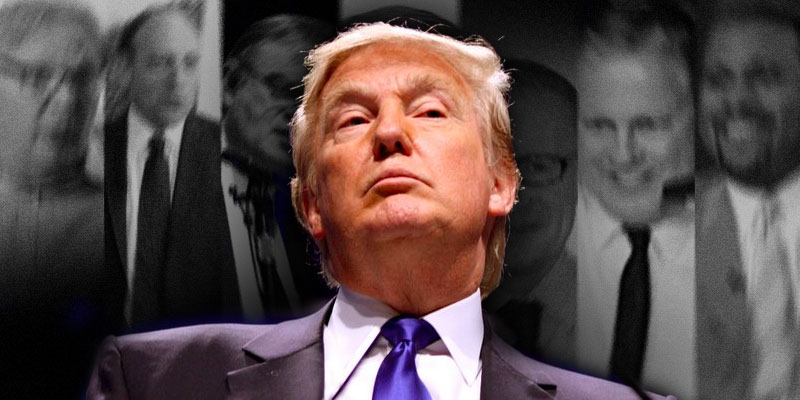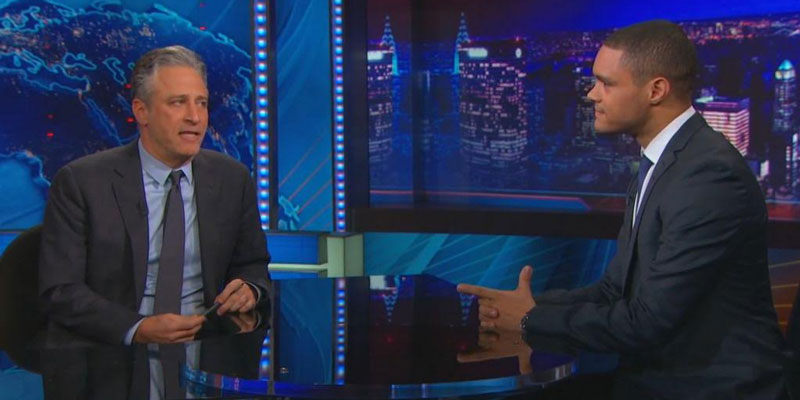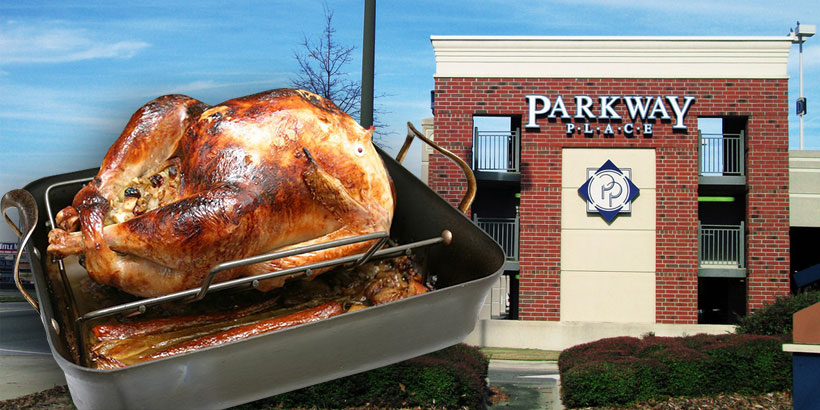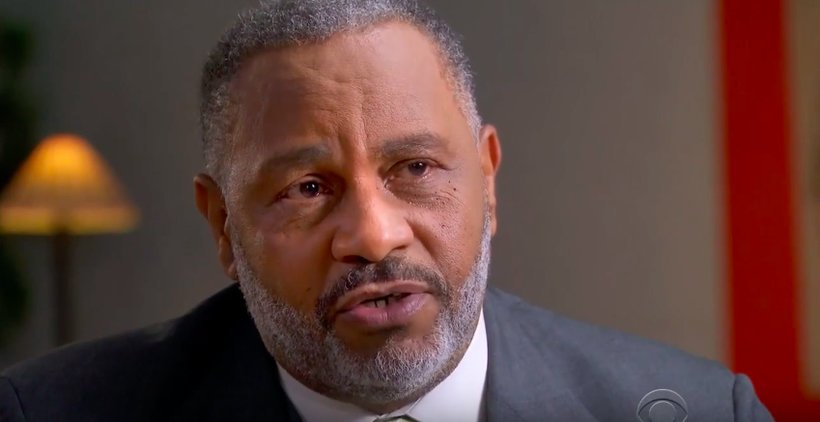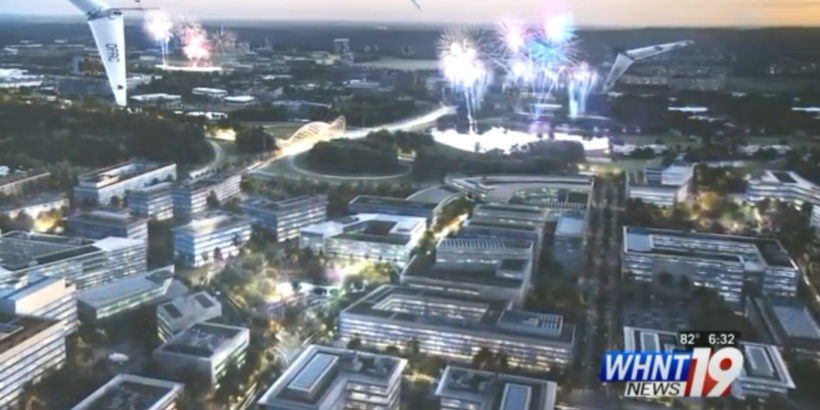(Above: 60 Minutes gets a behind-the-scenes look at Amazon.com and its CEO Jeff Bezos)
“Amazon prides itself on disrupting the traditional way of doing things,” 60 Minutes correspondent Charlie Rose said to open the show Sunday evening.
Rose and the 60 Minutes crew then spent the next 14 minutes showing just how disruptive Amazon CEO Jeff Bezos and his team are, and just how much more disruptive they plan to be in the future.
Handle over 300 orders per second? No problem. Go from hand-delivering orders to being worth $25 billion? You bet. Become indispensable to the world’s most legendary covert intelligence agency? Of course. Deliver just about any product a person could want in under 30 minutes by an unmanned flying drone? Why not?
Over the last month, 60 Minutes was given unprecedented inside access to Amazon’s business — from their distribution centers and current operations to their research and development wing and future aspirations.
Here are 6 things we learned:
1. Amazon’s sales volume is absurd
More than 300 items per second will be ordered on Amazon.com today, which is known as Cyber Monday, the Internet’s answer to Black Friday.
2. Bezos is worth a ton of money, but he’s prioritizing longterm value over short term profits
 Amazon Founder and CEO Jeff Bezos has come a long way since he founded the company in 1995 as an online book seller. At the time, Bezos would deliver packages himself. Today, he’s worth an estimated $25 billion.
Amazon Founder and CEO Jeff Bezos has come a long way since he founded the company in 1995 as an online book seller. At the time, Bezos would deliver packages himself. Today, he’s worth an estimated $25 billion.
However, although Bezos is worth a lot of money on paper and Amazon is one of Wall Street’s most beloved stocks, the company does not actually clear that much money. Rather than pocketing a massive profit, Amazon invests the vast majority of the money it makes back into the business.
“In the long run, if you take care of customers, that is taking care of investors,” Bezos said when pressed on why he doesn’t concentrate on profits. He also said that he won’t raise prices even when market analysts tell him to because it “erodes trust.”
3. Amazon wants to take over the world
“Anything you want on Earth, you’re going to get from us,” an Amazon vice president told Charlie Rose. And they mean it.
All that money Amazon is putting back into their business is going toward building distribution centers all over the world in an effort to achieve their goal of same-day delivery. Being able to deliver on the same day an order is placed will allow Amazon to expand their selection of products. They’ve even started delivering groceries in select cities. Amazon now uses more trucks than planes because they’ve built so many distribution facilities.
“I would define Amazon by our big ideas,” Bezos explained, “which are: customer centricity — putting the customer at the center of everything we do — [and] invention — we like to pioneer, we like to explore, we like to go down dark alleys and see what’s on the other side.”
4. Wait… they actually might take over the world
You’ve probably never heard of what will soon be Amazon’s most profitable product, but you use it every day — or at least your favorite companies do.

Amazon Web Services (AWS) is the technology that Amazon initially created to run their business. Today, hundreds of thousands of tech companies depend on AWS to deliver their products and services to the masses.
“Most internet startups and a lot of big internet companies run on top of AWS,” Bezos explained.
One of the companies that use AWS is Netflix, which accounts for over one-third of North America’s Internet traffic just about every night when families sit down in front of their televisions.
Even the Central Intelligence Agency (CIA) relies on Amazon Web Services. Bezos says Amazon built a “private cloud” for the CIA to operate on, keeping their data safe from the “public web.”
5. Amazon might be the company that kills cable television as we know it
“The internet is disrupting every media industry,” Bezos said matter-of-factly. “People can complain about that, but complaining is not a strategy.”
Bezos recently purchased The Washington Post and its unclear at this point what he plans to do with it, but television is the latest media industry Amazon is disrupting.
Amazon recently kicked off the first of two original series its offering to Amazon Prime members. Amazon Studios is the production company that created the shows, but their process for selecting them was much different than the process being used by old-school television studios.
“Instead of a few studio executives deciding what [shows get] green-lighted, we’re using what some people would call crowd-sourcing to help figure that out,” Bezos said. In short, they allowed their massive customer base to tell them what shows they were interested in seeing go into full production.
“Are you working on a set top box that would allow people to watch streaming video and not need to have cable television,” Charlie Rose asked.
“I can’t answer that question,” Bezos responded coyly. “I don’t want to talk about the future roadmap of our devices. So I’ll just have to ask you to stay tuned.”
6. Amazon drones will one day deliver products to your house within 30 minutes
I initially wrote this off as an internet hoax. An unmanned, rotary winged flying drone delivering Amazon products to my doorstep? C’mon.
But it’s real.
“These are Octocopters,” Bezos said, introducing Rose to Amazon’s latest R&D project. “These are effectively drones, but there’s no reason they can’t be used as delivery vehicles… I know this looks like science fiction, but it’s not… We can do half-hour delivery and we can carry objects up to five pounds, which covers 86 percent of the items we deliver… These are autonomous. You give them instructions of what GPS coordinates to go to and they take off and fly to those GPS coordinates. The hard part here is putting in all the redundancy, all the reliability, all the systems you need to say ‘look, this thing can’t land on somebody’s head while they’re walking around their neighborhood.’”
Bezos said 2015 is the earliest that the FAA could give approval to such flying vehicles, but he’s thinking it will take four or five years to actually put the drones into use.
Here’s the video Bezos showed to Rose while explaining the concept:
Follow Cliff on Twitter @Cliff_Sims![]()







